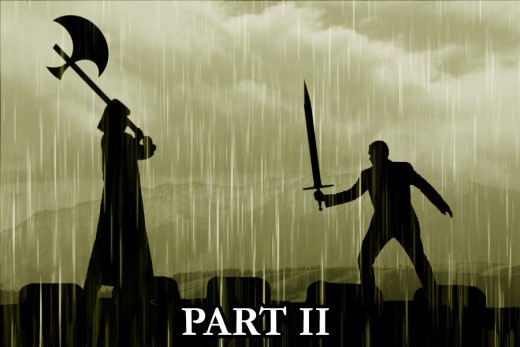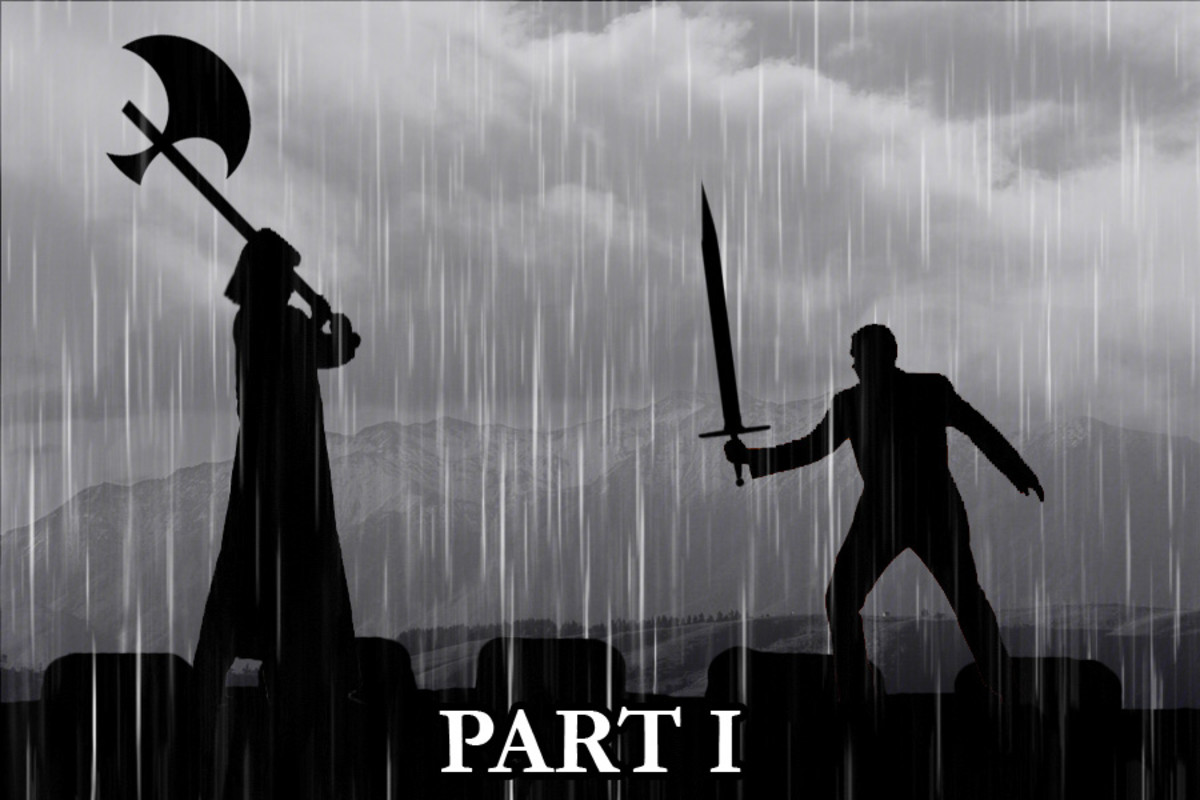My Struggle Writing an Epic Fantasy Novel: Creating the World


Creating the World
It became evident early on that my short story was completely inadequate to provide a background for all of the landmasses, characters, animals, and histories that my fantasy world needed to thrive. I can’t count how many times I would be furiously writing only to stop dead when I needed a new character or a description of a land mass or historical figure. These were things I just didn’t have. I was creating this world from the ground up and even though it was based on the more traditional medieval fantasy, it was still new to me. In some cases I would throw in filler material just to get over the hump, and other times I would stop to create character profiles, encyclopedia entries, or dictionary entries. If you are creating your own world these things are a must. It can be frustrating at times when you have to keep stopping to write a new history but in the end it will help out immensely. New histories can always be added later, but since your world thrives on this stuff, be prepared to re-write sequences with these new things in mind. It comes through in the writing even when you aren’t intending it to.
When my novel is finished I will have an Encyclopedia, a Dictionary, two side short stories, two prequel novels, a book of histories and mythologies, and countless character profiles and maps. Yours won’t always end up the same, but if you want a believable world, you need to be prepared to do the work. However try not to think of it as a whole when you’re first starting, otherwise it will overwhelm you too quickly. Think of it piece by piece. Create what you need first and the smaller details will fill in later. Despite my pile of backstory, it took years for all of it to accumulate. You aren’t a god, so you can’t create a world in seven days. Give yourself more time than that.
Another thing to keep in mind when creating a world is how original you want it to be. There are a number of fantasy staples that you can pick from in order to speed things up. For example, elves are always ready to help, vampires are always ready to bite people, and dwarves are always ready to drink. However if you use these fantasy regulars, you also run the risk of being cliché. No matter how much you try to give them your own version of a back story, in the end they’re still elves, vampires and dwarves. And, as an avid reader of fantasy, it can get pretty annoying to see these guys popping up again and again. So ideally you want to create something original (that is the path I tried to take) but that decision also creates a lot more work on your part. So really it’s just a question of how badly you want to try to be original. And you also need to remember that no matter how original you think you’re being, people are going to snap-compare it to something similar. For example, you could create a thin, immortal race of pointy-eared blonde people and call them Bobbins, but people are still going to see elves. It’s going to happen to me and I’m just trying to prepare myself for it beforehand.
An early version of my story featured both dragons and vampires, but I decided to change and re-name them for the final version. I did this because I personally think that both are over-used today. And while they can be a fun tool to work with when writing, I decided that I’d rather shoot for something people haven’t seen already. And though it was hard, I feel that the ideas I came up with to fill the gaps were much better than if I had just stuck with the fantasy archetypes. At one point, I became so frustrated with these fantasy fallbacks that I tried to write a parody to submit to magazines. This is about as far as I got:
In an age long ago, there lived a race of beings far superior to humans. Their hair was fair and their ears long and pointed. They lived the immortal life and contained strength unlike anything this world has ever known. They were known as the Clichés. They ruled in peace and prosperity until one day, an enemy rose to challenge their power. They were a stout race, their lives spent in the hollows of mountains where they grew thick beards (women included) and drank heavy amounts of ale. They were known as the Stereotypes.
For centuries the Clichés warred with the Stereotypes until the humans came into the world. They came in with their innocence and corruption and single handedly brought the Clichés and the Stereotypes to a stand still. It was through the efforts of Generic Farmboy that their differences were finally settled. His journey with the Overused Fellowship brought the One-Dimensional Villain to his knees thus saving the world of Hum-Drum.
While I think that what I wrote was funny, it didn’t have the legs to stand as a short story. Parodies often fall short when I try to write them because their very nature is to not be deep, but serve as a humorous reference to something else. But I also want to point out that using these archetypes isn’t the end of the world, as I thought it was when I was first writing my fantasy novel. More recently I began working on a series of short stories and novellas that are written purely for me (and my wife) and in them I use things like vampires and mermaids and such. And it can be a lot of fun to write and very freeing because you don’t spend as much time trying to figure out a whole bunch of new characters and monsters. I wrote more on this subject in my hub about writing for yourself, but in short, do what feels best for you and your story.






